What the coronavirus teaches us about climate change
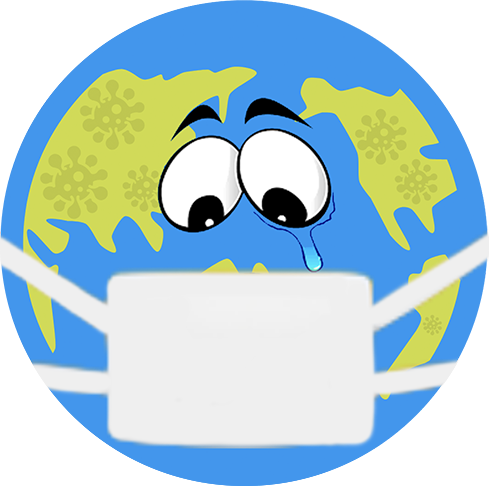
The coronavirus, which began in Wuhan, China has spread to nearly every country on the planet.
March 24, 2020
If you had told me in February that I would have been in self-quarantine for the last two weeks and stuck in my house for the foreseeable future, I wouldn’t have believed you. Despite the headlines about the coronavirus in China, which has been reporting cases since December 2019, most Americans continued as normal until early March.
It seems we can’t understand the impact of something until we feel it firsthand, and instead many of us dismissed it a far away problem, or even as the “Chinese virus,” as President Trump called it on Twitter. While this is not only insensitive, given the hate many Asian people have faced as the virus spreads, it also ignores the fact that in our globalized world, a virus that affects one country affects us all.
On March 11, the World Health Organization classified the coronavirus as a pandemic, inspiring schools across the nation to close their doors and move to online learning. Now, over 100 million Americans are staying home according to The Washington Post, something that seemed unfathomable a month ago.
We have gone from headlines about the virus, to empty grocery stores, furloughed employees, a tanked stock market, a shortage of medical supplies, exhausted healthcare workers and no end in sight.
The mass panic and fast spread of the virus was caused in part by the United States’s abysmal response, as Trump called it a “hoax” at a rally in South Carolina on February 28, and refused to mobilize test kits. It wasn’t until it was classified as a pandemic, that Trump and the rest of his administration began to take it more seriously, and because of our slow start, the United States has the potential to become the next Italy, despite having a few months warning, according to USA Today.
The outbreak of the coronavirus can be compared to the growing concerns around climate change. Just like the virus, climate change worsens gradually, but eventually, it has the potential to drastically alter life as we know it: cities like Venice, Italy being swept underwater, or glaciers melting and reviving devastating plagues. Until it does, however, it is easy for us to ignore. The planet gets hotter every year, we have more natural disasters, more animals become endangered – but as long as our own towns and cities aren’t hit, we don’t have to think about it.
Thus, the United States continues to ignore the effects – leaving the Paris Climate Agreement in 2017 – and is one of the worst contributors to the growing emergency – emitting more than our fair share of carbon dioxide. And the effects are mostly localized in poor island nations, former colonies of the Western imperial powers that continue to pollute the planet, so what do Americans have to worry about?
Well, climate change, like the virus will eventually affect everyone; as clichéd as it sounds, we all live on the same planet. So, instead of waiting for a pandemic-level climate disaster, as if it’s inevitable, let’s learn from the spread of the coronavirus, and redouble our efforts to stopping climate change.
Unlike the coronavirus, where experts predict a vaccine will eventually be manufactured — even if it takes over a year — there is no vaccine for climate change, once it reaches its tipping point. And just like social distancing, washing our hands, and wearing masks, we know what steps we can take to prevent the spread of climate change. For example, we must reduce our carbon footprint, ideally through legislation that incentivizes greener industrial practices and reduce our reliance on fossil fuels through the use of alternative energy forms, like wind and solar.
Whilst right now addressing the coronavirus is the priority of the world, once the pandemic is over, we need to prioritize fighting our other shared enemy: climate change.









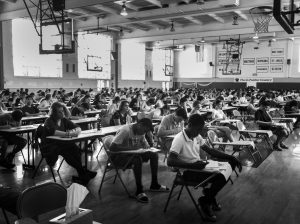






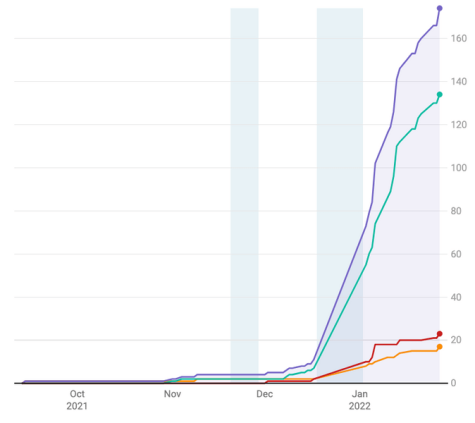


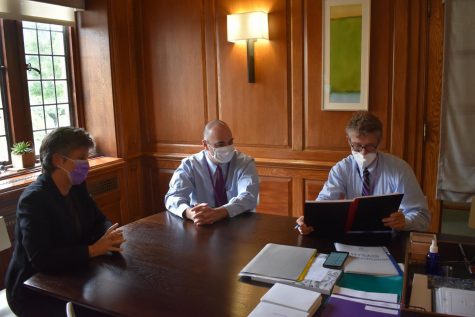


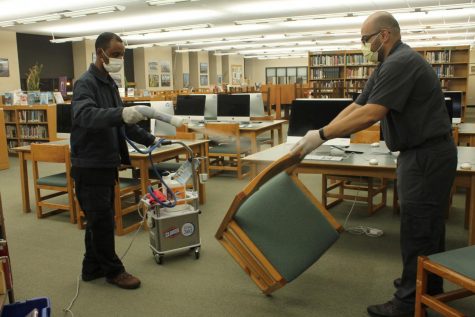

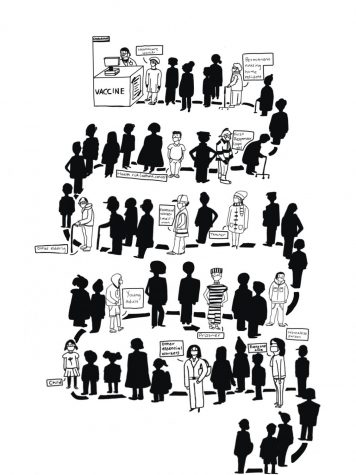
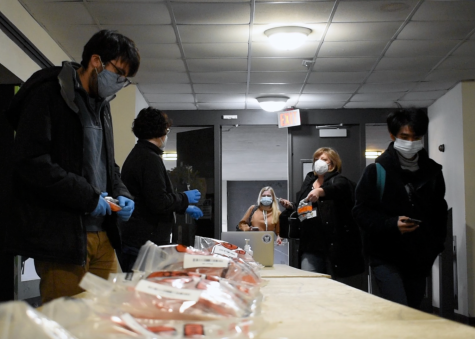
Paul West • Mar 26, 2020 at 11:08 PM
Nora, you draw an instructive parallel. Perhaps the experience of dealing with covid-19 will open our eyes to the need to act before a global crisis washes over us. Maybe Americans will stop being so dismissive of experts. I certainly hope so. But as you say, we find it far too easy to dismiss things we don’t feel the direct effects of. If our inertia doesn’t shift, maybe we need to talk about preparing for climate change rather than about stopping it.